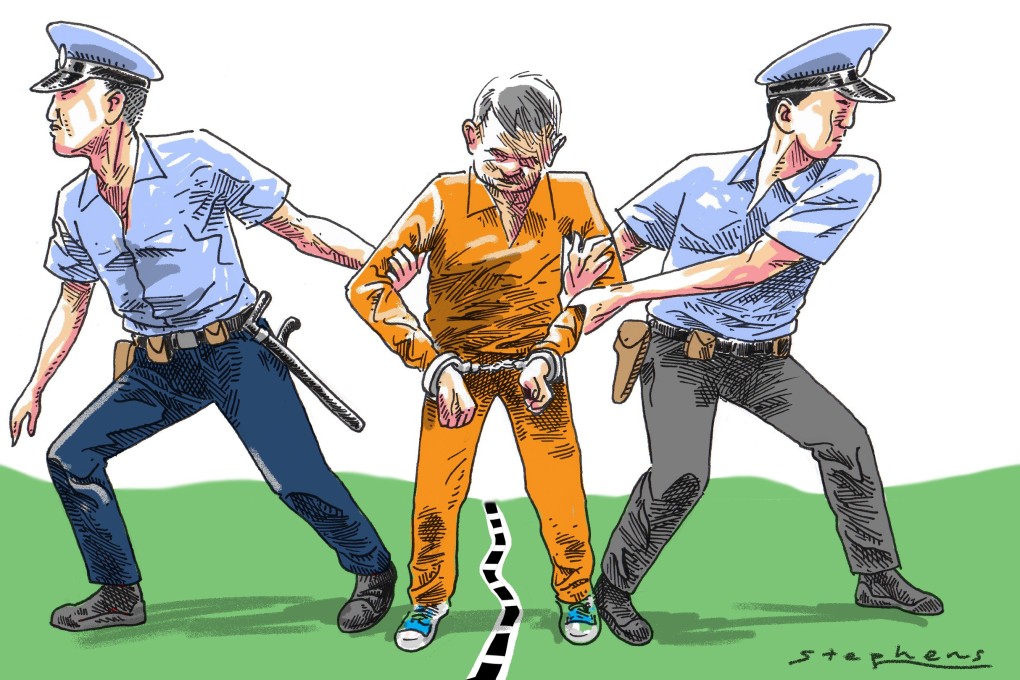Opinion | How Hong Kong’s extradition bill falls short of the deal we need with mainland China
- Talks began more than 20 years ago between Hong Kong and Beijing on a rendition agreement. Why did nothing come of it, and why is the government opting for a case-by-case approach that fails to address Hongkongers’ demand for fair trial safeguards?

Cheung, known as “Big Spender”, was released. But he was to meet a very different fate in December 1998, after being arrested and tried in mainland China. He was convicted of kidnapping and gun-running, sentenced to death and executed.
The case, involving a Hong Kong resident tried in mainland China for offences committed in the city, highlighted the stark difference between the two legal systems on either side of the border. It also raised questions which have resurfaced in recent weeks as the government seeks to make controversial changes to Hong Kong’s extradition laws.
Hong Kong does not have a rendition agreement with the mainland. The Cheung case prompted calls for one to be put in place. Negotiations between Hong Kong and the central government began in 1998. The aim was to complete them by 2000.
